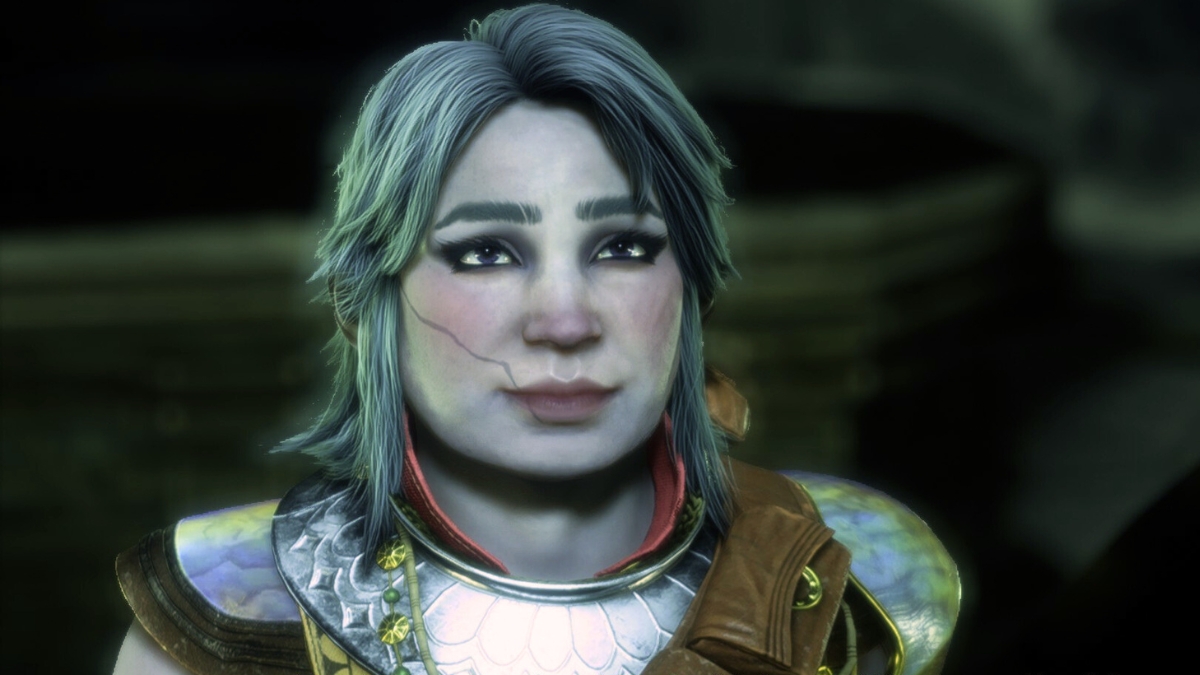In a market that’s constantly fluctuating, it’s in the best interest of companies who are in the business of business to diversify their holdings. In fact, it’s pretty much in their best interest regardless of how the market looks. I’m no expert, and my degree certainly isn’t in business, but this much I do know. Companies have a habit of swallowing up smaller companies in order to branch off in new directions or to solidify a previously tenuous position.
So, Electronic Arts making a bid to acquire PopCap Games—even if it’s at the purported $1 billion mark—makes complete and total sense.
Electronic Arts has been attempting to move past their old professional image of a place where companies go to die. With that in mind, they have recently been giving companies a bit more free rein when it comes to their games. That’s the supposed beauty of EA Partners, anyway. They have more control on every level than anywhere else and that’s why folks like Double Fine and Grasshopper Manufacture have been keen on publishing deals with them.
But that’s the publishing arm of things. Buying PopCap Games would mean ownership of them, their brands and the future of the company. That can be a bit scarier when people consider how well PopCap has done previously and the inherent quirkiness to their titles. That’s not to say EA hasn’t done some quirky stuff lately either. Specifically, Mirror’s Edge and Dead Space come off as games that didn’t exactly have a market until EA made one and they did well. Also, half a decade ago, folks probably would not have bet on EA publishing Shadows of the Damned.
It’s not without precedent, however, that EA could buy PopCap and then leave it mostly alone while also pushing for more of the traditional Electronic Arts stylistic motifs. BioWare, another EA purchase, has seen a tremendous rise in the sheer amount of downloadable content made available since their migration to underneath the EA umbrella. Item packs, character costumes and, in general, stuff that many people might consider being close to microtransactions.
So, of course, the obvious jokes are making the rounds.
It’s important to understand that Electronic Arts is taking the mobile and social market seriously. EA Partners is taking a long look at both with hopes to increase their publishing presence. This is to be spearheaded by yet more examples of Electronic Arts’ purchasing habits, Playfish and Chillingo. Adding the ownership of PopCap Games to this makes EA a juggernaut in the arena with few companies coming even close to their stature.
As nothing has been confirmed, it would be all speculation and conjecture to guess as to how PopCap would fill out this strategy. But it’s clear that EA has been moving in this direction for many years now and acquiring PopCap would be a brilliant move to top it all off. Unfortunately, if you look closely at the commentary surrounding this story, there is often the memories of old Electronic Arts snafus coming back to haunt them. This is the Internet, after all, and the Internet does not forget, but that doesn’t mean that they can’t eventually forgive. Electronic Arts gave refuge to Respawn Entertainment after the Activision blowout at Infinity Ward. They’re publishing a variety of quality games for a variety of platforms. Barring some marketing goofs that are relatively minor in the grand scheme of things, EA seems to be moving onwards and upwards. Adding PopCap’s expertise and library of games to their own not only makes sense for EA, but for PopCap as well. Electronic Arts is still in the business of business, of course, but that doesn’t mean that it’s always bad news for the consumer.








Published: Jun 24, 2011 12:48 pm